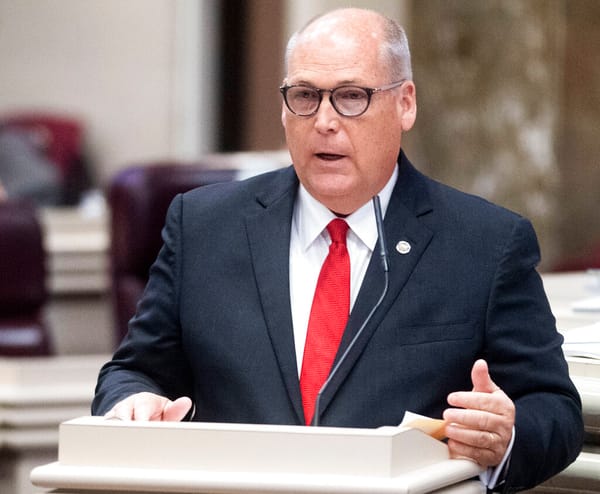Alabama Ethics Commission Opens Door for Prosecutors to Take Second Jobs
Overturns a 1998 opinion that officials are “always working”

The Alabama Ethics Commission has ruled that the State’s District Attorneys and their assistants may hold outside jobs as long as the work takes place off the clock and does not interfere with their public duties.
In a unanimous advisory opinion issued at its August meeting, the Commission reversed a 1998 precedent that had effectively barred certain law-enforcement officials from any outside employment. The change clarifies a long-debated point in State ethics law.
The opinion addressed two specific questions:
1. May an elected District Attorney teach an online or evening course in business law for compensation at a university, so long as this part-time employment occurs outside of the regular business hours of the office of the District Attorney?
2. May a District Attorney engage in part-time or self-employment for compensation with a non-state entity, so long as the employment does not involve the practice of law and occurs outside of the regular business hours of the office of the District Attorney?
Assistant General Counsel Brian Paterson said the decision follows guidance from the Alabama Attorney General’s Office, which concluded that prosecutors, though technically “on call” at all times, are not considered to be working unless summoned. “We concur with that opinion and do not consider time outside of regular business hours as time for the purposes of 5-C,” Paterson told the commission. Section 5-C of the State Ethics Code forbids public officials from using their position for private gain.
The new interpretation does not allow moonlighting that creates conflicts of interest or draws on a public office for personal benefit. Secondary jobs must be performed after regular hours and fully disclosed.
The Commission’s vote also overturns a 1998 opinion that found police chiefs were “always working,” a view that had been applied informally to prosecutors and other public-safety officials. “This opinion would overrule that ’98 opinion,” Paterson confirmed.
The decision is expected to have the greatest impact in rural counties, where District Attorneys often face heavy caseloads and modest pay. Legal professionals said the change could help retain talent by allowing prosecutors to teach, consult, or take on limited private legal work.
The Commission stressed that any outside employment that conflicts with public duties or undermines trust in the office remains a violation and could lead to disciplinary action.
The full advisory opinion is available through the Alabama Ethics Commission’s website at THIS LINK.




